This blog post was authored by Daniel Azariah, a member of the Tivnu 6 cohort from Detroit, MI. When he’s not watching U of M football, Daniel enjoys reading books in Russian, learning new languages, and making Sephardic foods. He interns at Verde Landscape, Sisters of the Road Cafe, and Tivnu construction.
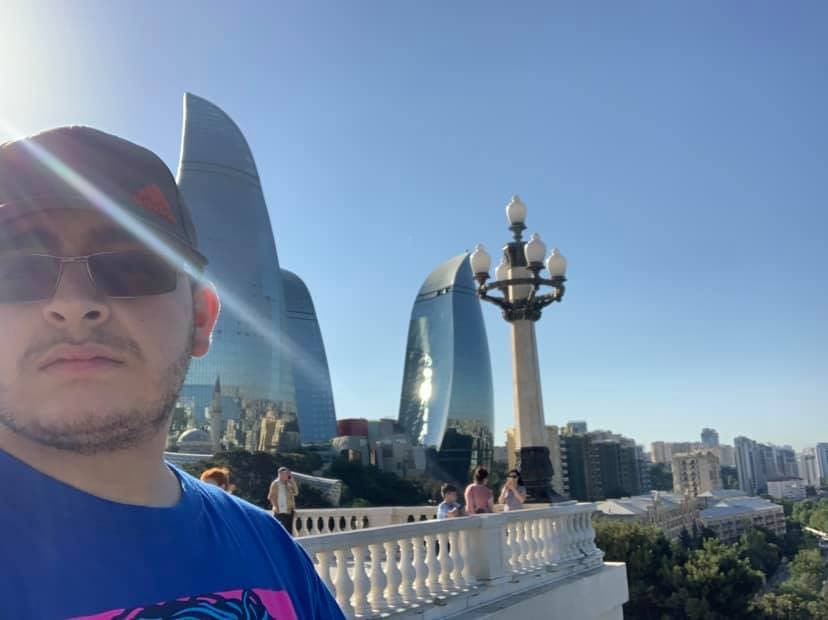
After a long relaxing winter break, I came back to Tivnu and jumped back into our EEs (Educational Explorations). As one of the first EEs post-break, we went to a wonderful event at the Multnomah County Library, called “From Historical Trauma To Historical Wisdom.” It was an interactive talk led by two people, Shalene Joseph (from the A’aniih and Athabascan tribes) and Josh Cocker (Ka’igwu, Tongan), members of the Indigenous 20-Something Project of the Native Wellness Institute. They discussed stigmas, stereotypes, misunderstandings, and discrimination. Through this talk, I came to understand more about what issues the indigenous people of North America have been going through, and see the parallels of some of their cultural struggles to my family’s cultural struggles as Jews.

One of the things that stuck out to me most was how some of their native traditions that were once fading are starting to come back to life. The speakers talked about how old Native American traditions such as celebratory dances, wearing traditional clothing, etc. were dying out due to being deemed by government leaders as “incompatible with American culture.” Those traditions, with the help of people like the two speakers, are slowly starting to make a comeback.
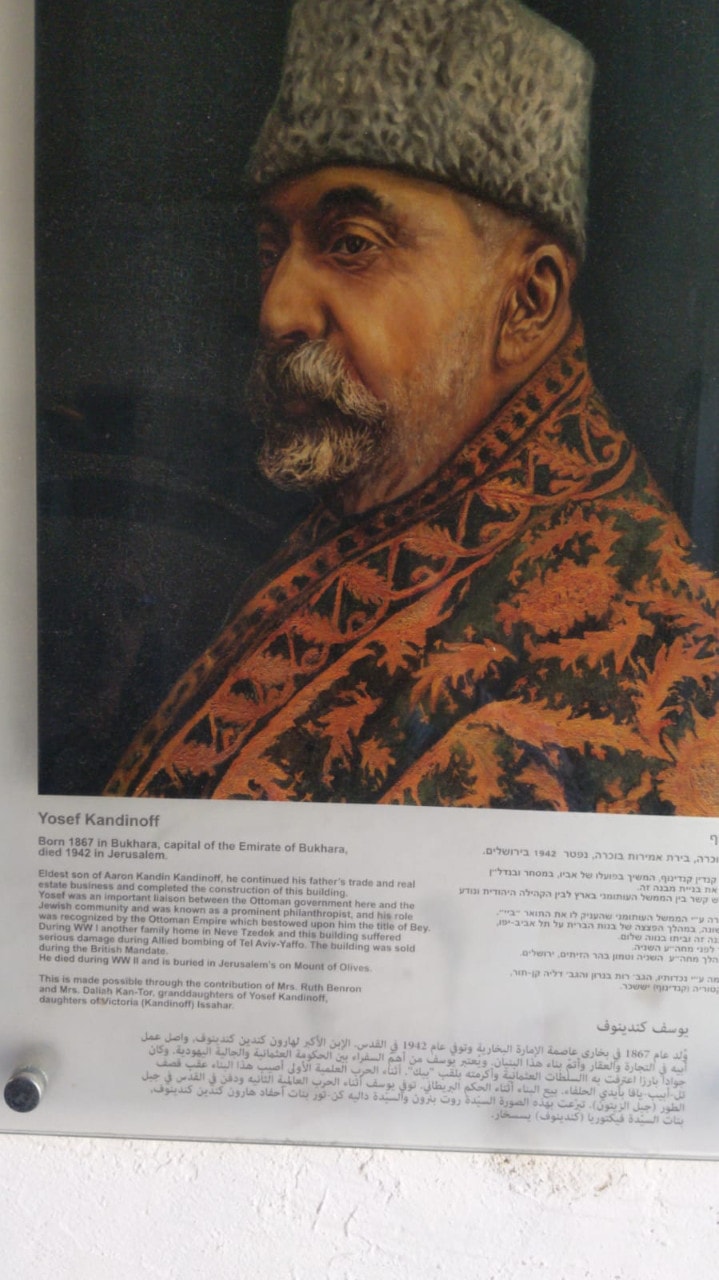
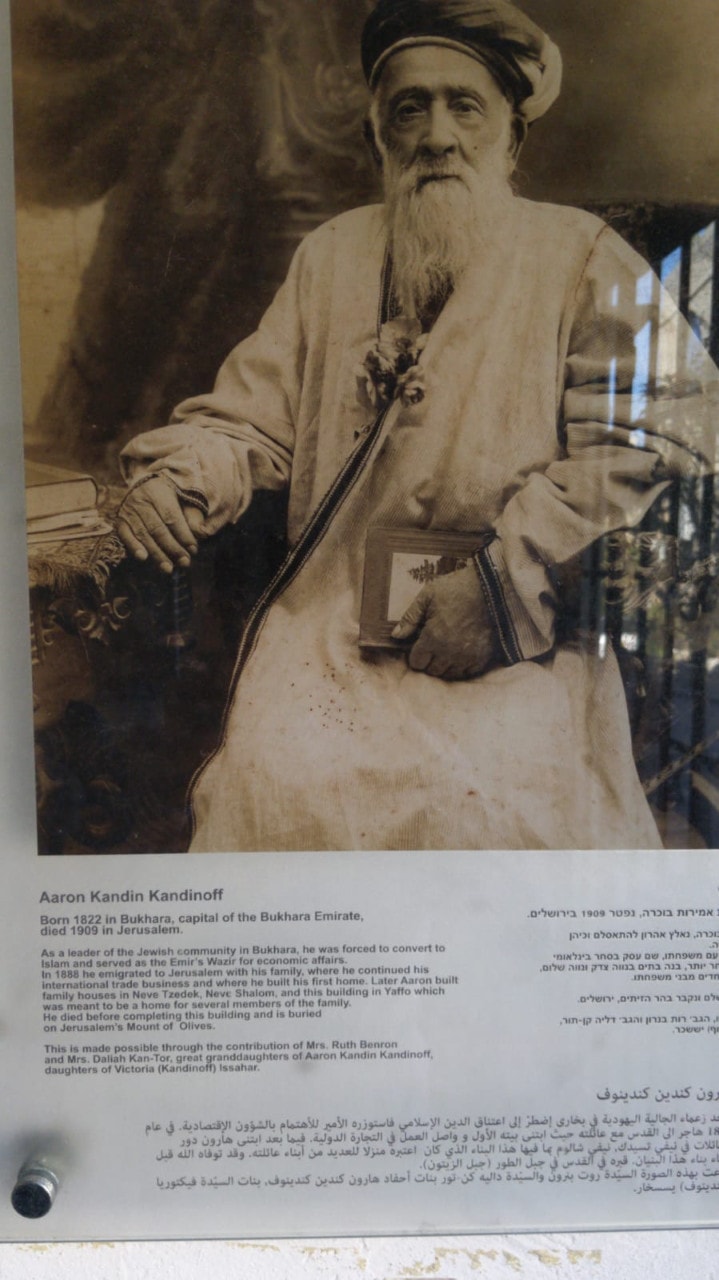
Another topic that the speakers brought up, which stood out to me, was how vital a tool family is in the Native American world. Family, they said, is how they support one another and keep their traditions alive through the years. One of the presenters asked those in attendance to go and learn about our family heritage. Sitting in the audience I felt the request so strongly, it was as if they were talking directly to me. Coincidentally, I had just spoken to my grandmother during winter break about her father’s family. And through this chat, I am now able to tell my great-grandfather’s story to my kids and grandkids someday.
One of the speakers mentioned that his grandfather’s generation had to perform their ceremonies in the woods in secret because the place he was living was so hostile to native people. I’m guessing one motivation for practicing these traditions was fear of assimilation. This reminded me of my own family’s fear of assimilation, living in Azerbaijan during the Soviet Era. My family had to practice our traditions in secret, too. My great-great-great-grandfather was the treasurer to the Sultan of Uzbekistan. While he was living there, he had to practice Judaism in secret. He eventually left for what is now Israel, where he ran a restaurant, in what is now Tel Aviv, that is still standing! I really want to visit it because it is so much a part of my family’s story – the story of fighting assimilation and keeping tradition alive.
Throughout Jewish history, we know that even though Jews have been conquered many times, they maintained their traditions even when they had to do so in secret. I am proud to be Jewish. I am a Jew and I will always be a Jew, no matter the circumstances. My Jewish identity comes from my family, and my identity is sacred.
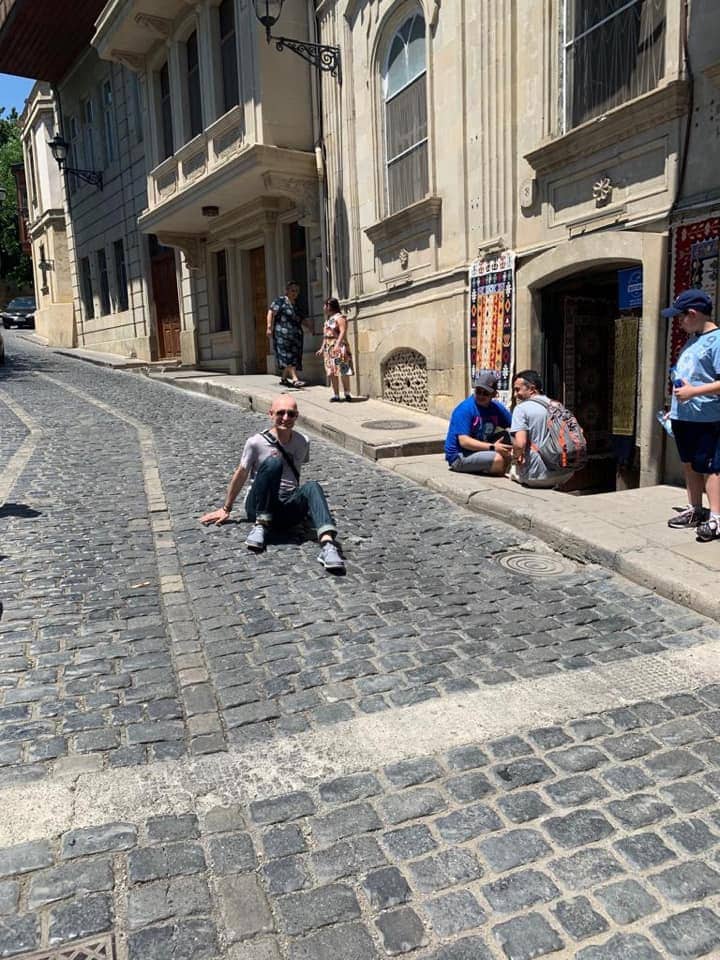
It’s important, not only for me but for everyone, to know and pass on family history because the world is a living, teaching, and learning place where it is hard to define our identities. Family histories help us do that. If we don’t learn about our stories, we won’t build as strong of an identity, and we won’t be able to teach others around us. As a people, we won’t survive without knowing where we come from. Family history defines who we are. Plus, if my kids or grandkids ever want to know about their family history, it will be a great bedtime story to have on hand.
We in Tivnu have learned to act as family, too. We support one another. Whether it’s supporting someone while they’re sick or rooting for each other with silly Minute-to-Win-It games, we have created a family story that we can incorporate into our identities. For a long time, I’ll be telling the story of my great-great-great-grandfather, and I’ll be telling the story of my gap year at Tivnu, and how this EE made me think about all of those pieces.
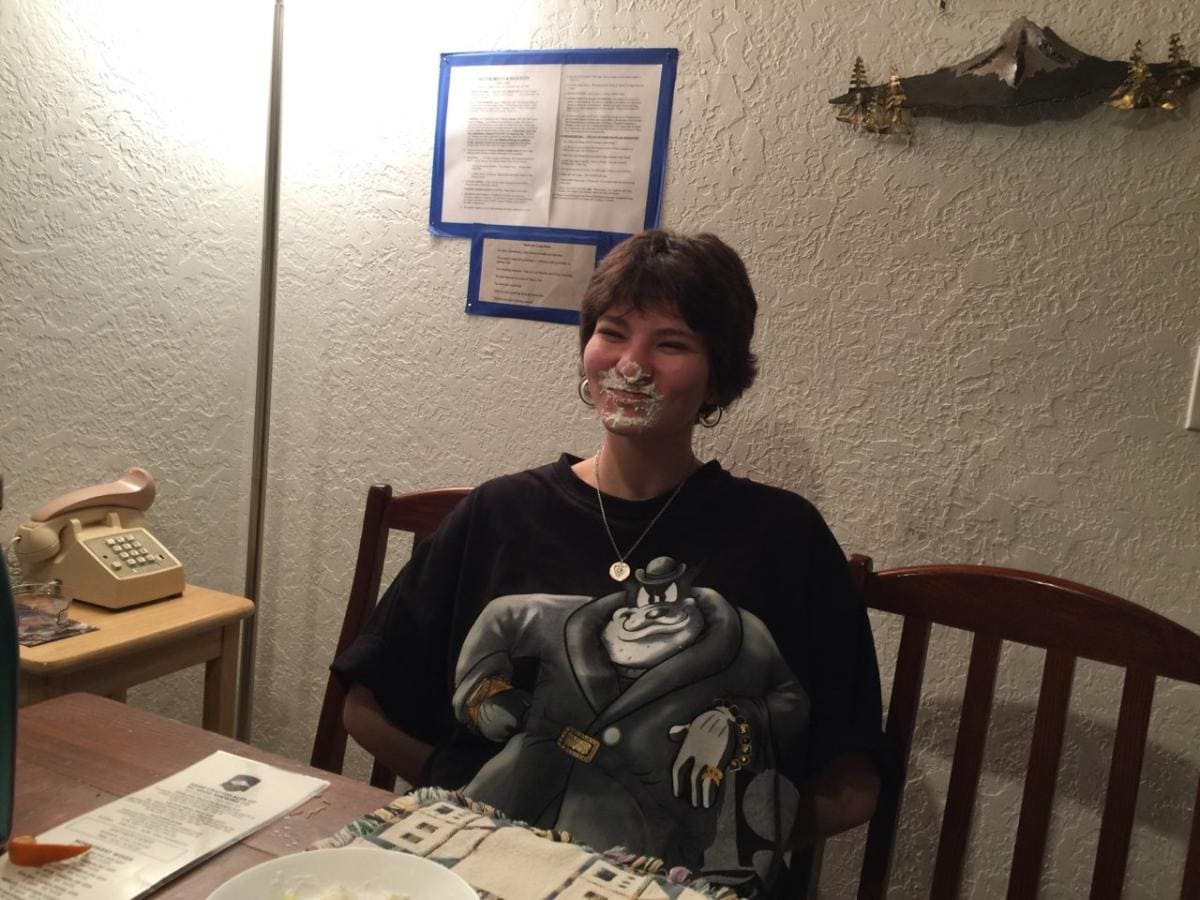

This is a snapshot of some of the goofy Minute-to-Win-It shenanigans we were up to at Mt Hood!
Follow Us
Sign Up For Updates
Taking a gap year in the US can be as meaningful as doing one abroad.
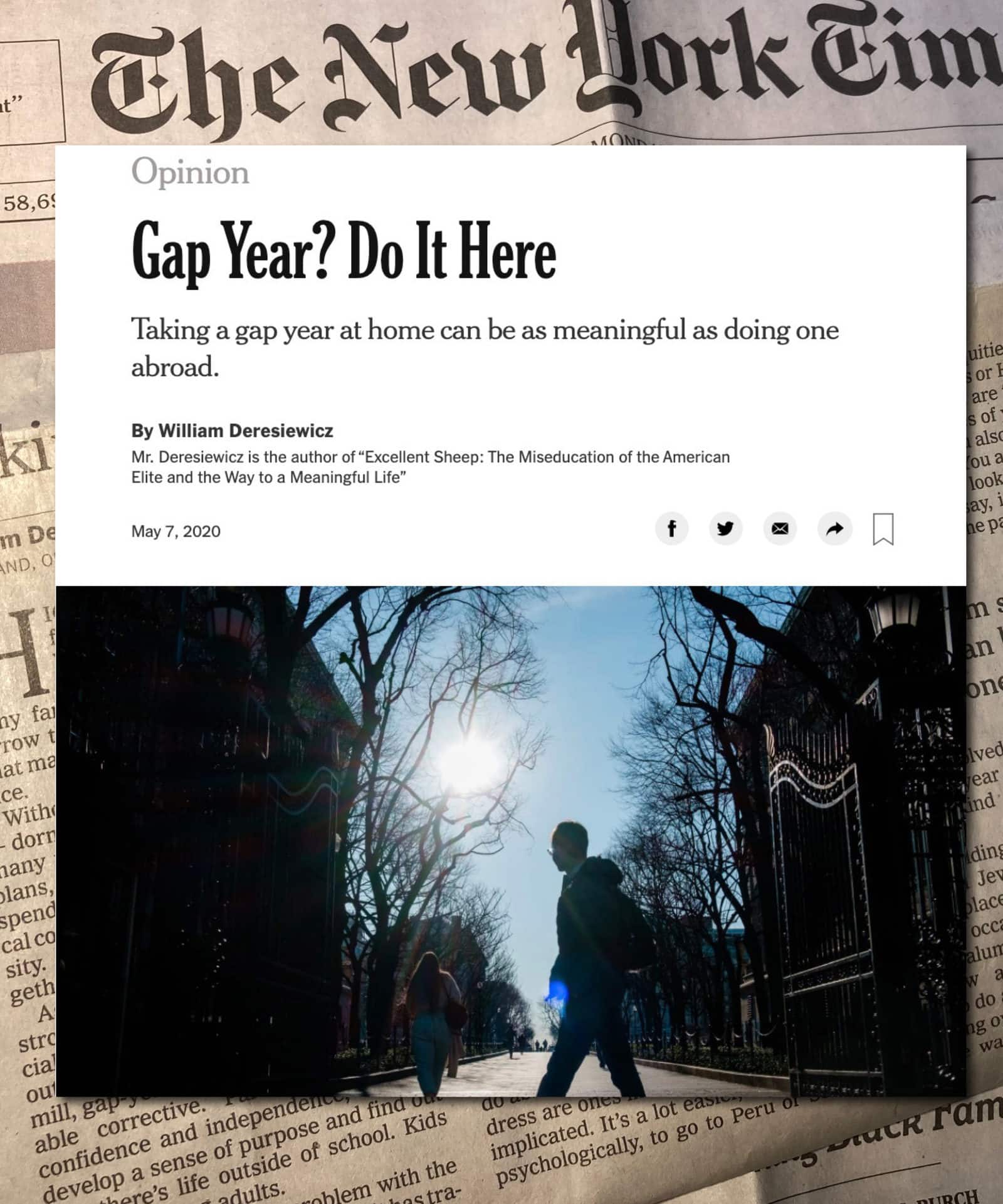 Featured in The New York Times
Featured in The New York Times